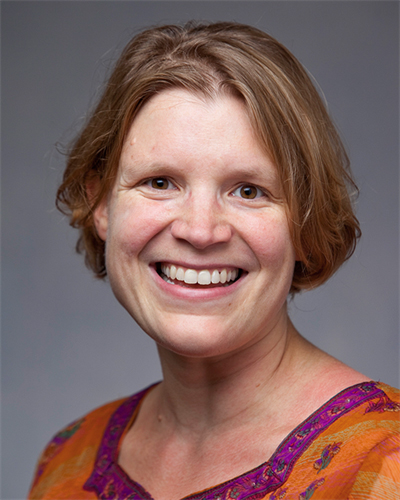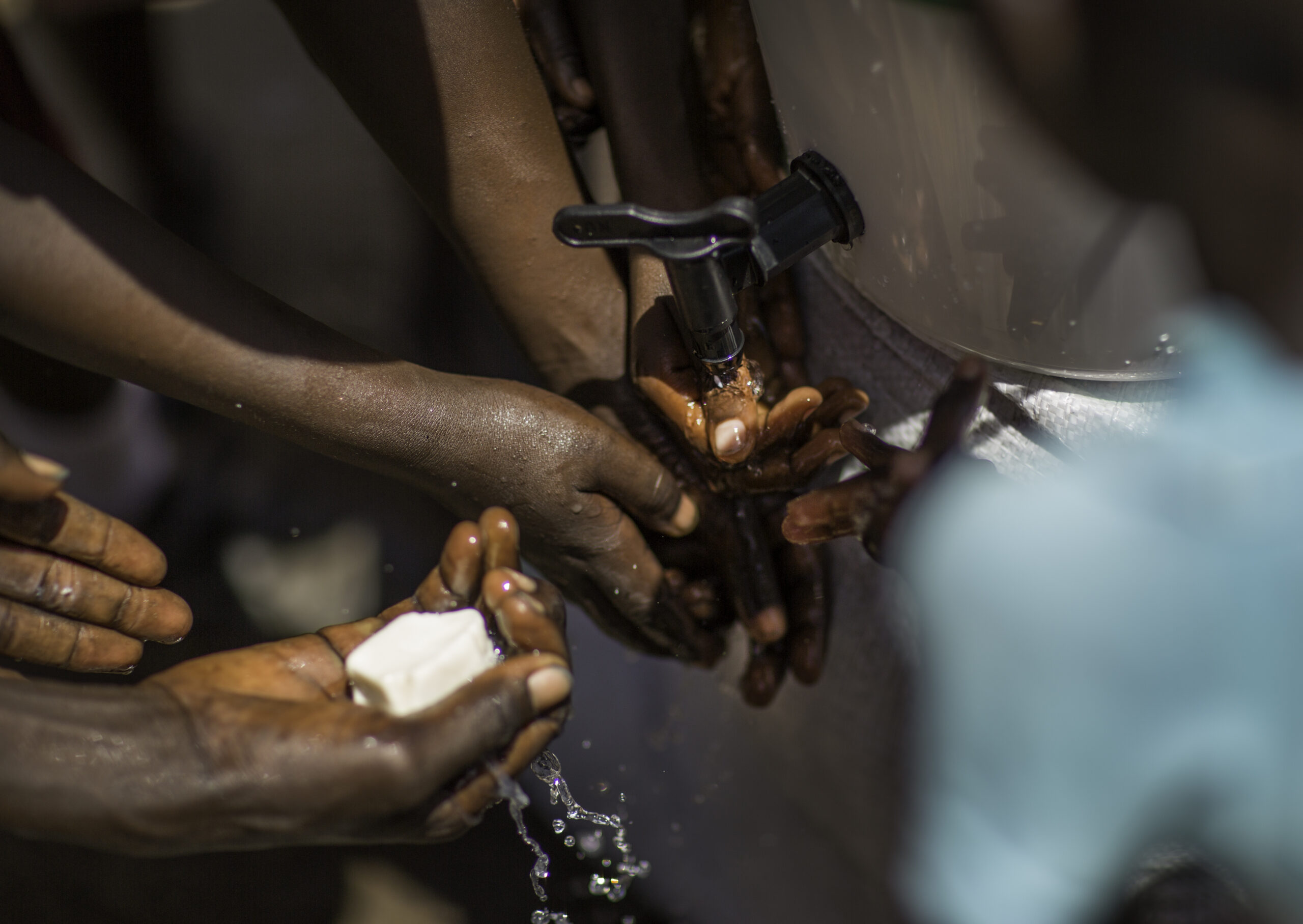Cholera outbreaks are on the rise globally, driven by climate change and political instability. In conflict-affected settings especially, inadequate water and sanitation, high population density, and weakened health services contribute…
Daniele Lantagne
Contact
Daniele’s main research interest is how to reduce the burden of infectious diseases by investigating and evaluating the effectiveness of water, sanitation, and hygiene interventions. Daniele and her partners complete laboratory, field, and policy research with diverse funding sources. Currently, they are working on translating research to action to inform humanitarian response, studying fecal sludge management interventions, researching the effectiveness of coordination, and working on WHO policy committees for Ebola and COVID-19 infection, prevention, and control.
Over the past two decades, Daniele has provided technical assistance and completed research activities in more than 50 countries in Africa, Asia, and Central/South America in both development and humanitarian response contexts, and published over 100 manuscripts.
Daniele began working in water, sanitation, and hygiene to reduce the burden of infectious disease in 2000 with her master’s, then continued with teaching in environmental engineering at MIT before working at the Centers for Disease Control and Prevention from 2003-2010. She completed her post-doctoral work at Harvard’s Center for International Development from 2010-2012, and joined Tufts University in 2012.
Daniele received her S.B. and M.Eng. in environmental engineering from the Massachusetts Institute of Technology in 1996 and 2001, and her Ph.D. in 2011 from the London School of Hygiene and Tropical Medicine in Infectious Tropical Diseases. She is a registered professional engineer (PE) in the Commonwealth of Massachusetts.
Daniele enjoys backcountry hiking, state highpointing (50 state completer!), rocket ashtanga yoga, cooking vegan foods, and raising her two children with her husband.


